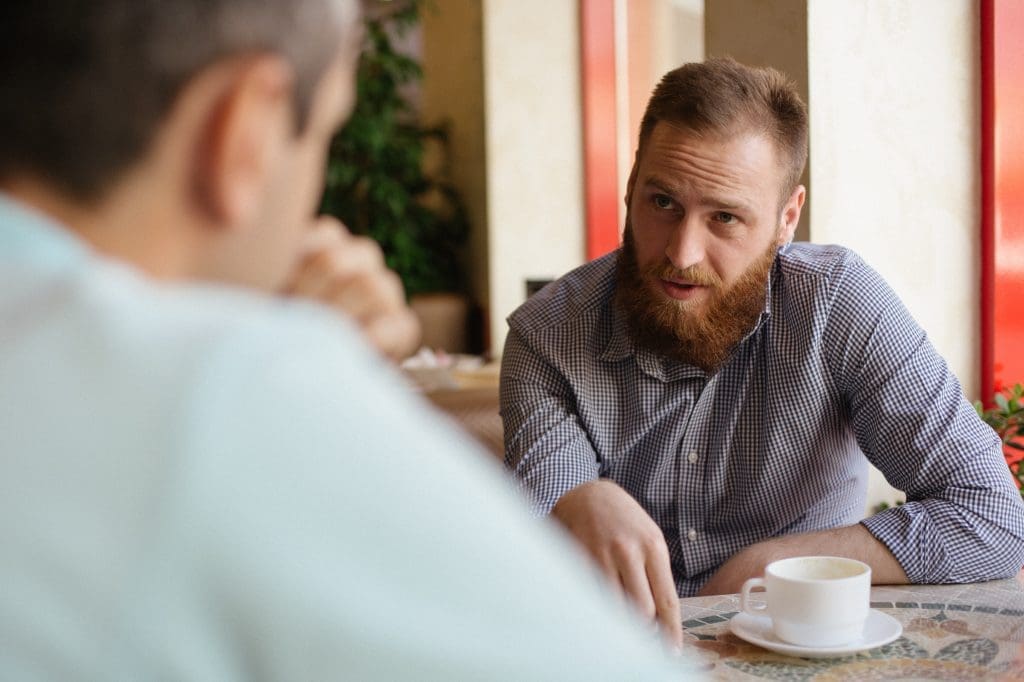-
Call Us: 0330 111 2015


Jump to a section ▼
› Introduction
› What is a relapse?
› What to say to someone who relapsed?
› What to do when an alcoholic or drug addict relapses?
› How to act around a relapsed loved one
Speak with our admission team
Call now on 0330 111 2015Addiction isn’t something that affects one person; the effects of drug or alcohol addiction also reaches those who live with, know, or work alongside the addict. If you are one of these people, you may be wondering how best to help someone in your life who has returned to addictive behaviours.
This article will offer some helpful tips for what to say, what to do and how to act when someone has rejected their recovery principles, as well as the next steps which may require your support.
Top tip: When you are trying to help an addict who has returned to active addiction, don’t ignore, dismiss or enable the problem.
The first question to answer is ‘what is a relapse?’. In short, it is when a person with drug or alcohol addiction returns to harmful behaviour and obsessive thoughts about using again. You might find our article ‘what is the difference between a slip and a relapse’ helpful if you are trying to establish the seriousness of the situation.
But whether it is a single lapse (slip) or a full return to addictive behaviours, a similar approach should be taken by you as a trusted person in their support network.
Finding the right, or any, words can feel like a challenge when you are speaking with someone in the midst of addiction. You may find that the person you want to help has a range of heightened emotions: anger, sadness, guilt, frustration and more.
Therefore it can help to keep it simple, and remember to keep all blame removed from the individual so they don’t look to self-medicate even further.
Here are some questions and phrases that may be helpful, but remember that every situation is different…

 Detox safely in our medical facility
Detox safely in our medical facility
 Free collection
Free collection Future-proof
Future-proofPart of the cycle of addiction means that a person may struggle to reach out to you, or will try and isolate themselves from support networks. This may mean they cancel on plans, stop going to or participating at group meetings, and so on. Yet loneliness is one of the big triggers for a relapse, so by retaining your presence in someone’s life, you may be doing much more than you think you are.
You may find that you are able to help with basic self-care elements that an addict has forgotten about. This extends to buying and preparing food/meals, assisting with hygiene needs, and just being a non-judgemental person to lend an ear.
There are many deep conversations you may feel like you need to have with someone who has let you down or caused you hurt, but this would not be at the benefit of your loved one. There are places you can turn to in order to discuss your own thoughts and feelings, such as the family support services with us at Delamere.
If you’re wondering how to act on a daily basis, a short summary would be helpful, but not overbearing.
Delamere is here to answer any questions that you may have about drug and alcohol detox and rehab for your friend or family member. Whether you require our intervention services, or you are ready to book a place at the clinic, we can support you with your next steps directly by phone.
You can also reach the team via our web form, live chat function, and by email; more details are available on our contact us page.


Start your recovery journey by calling our admissions team today.
Confidential. Straightforward. Friendly.